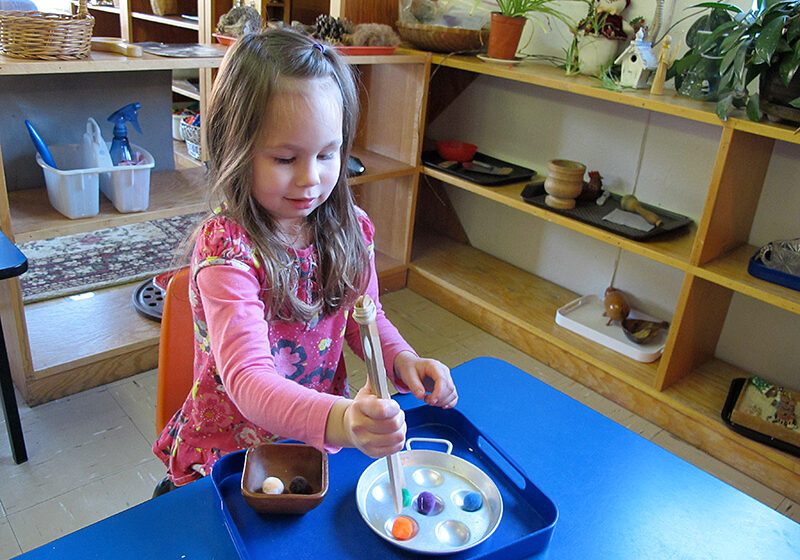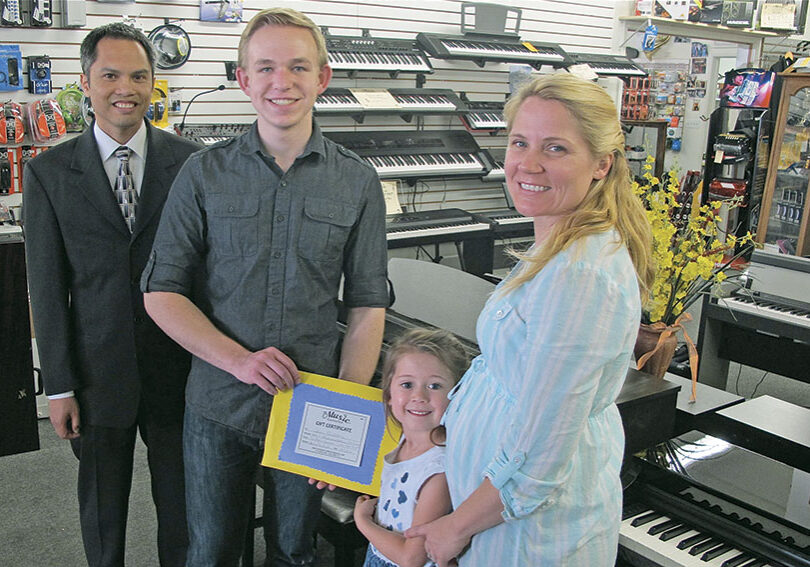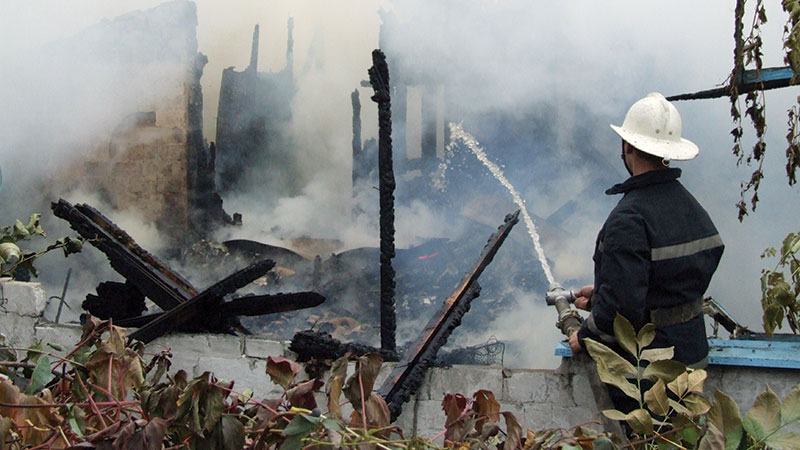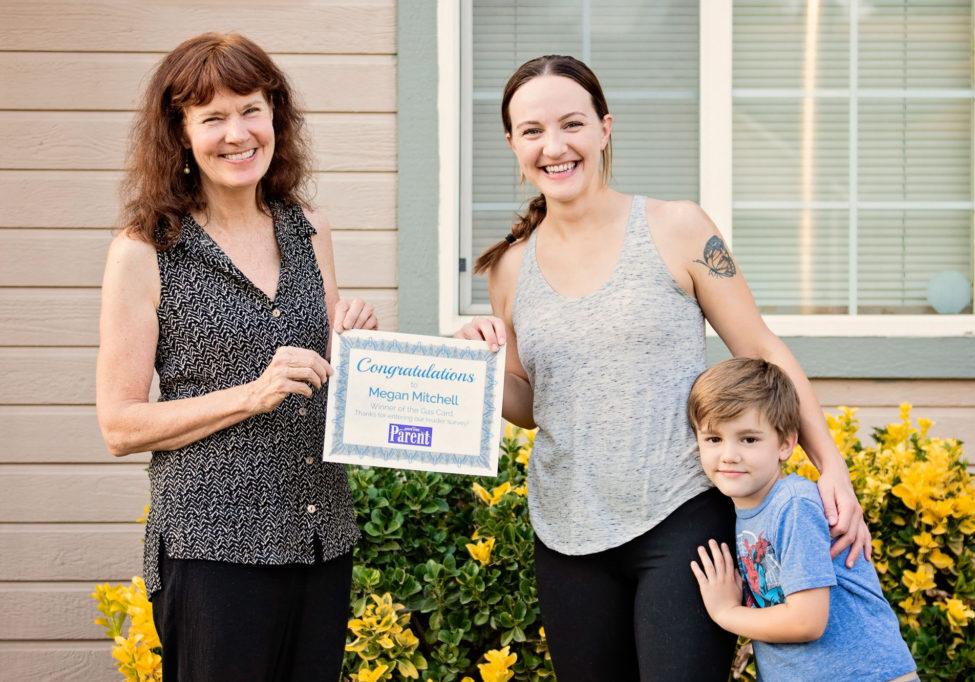When it comes to home disasters, children are most likely to experience a fire. Preparedness and planning saves lives, but nearly three-quarters of Americans have never developed or practiced a home fire escape plan.
I know what you are thinking: “The chances of my house catching on fire are remote.” That’s what I thought, too, until my husband and I stood shivering in the snow while firefighters crashed through our burning home and reporters buzzed around.
A brand new lamp shorted out while we were at work, turning our bedroom into an inferno that blasted out our windows. Energized by gulps of air, it proceeded to lick its way toward the roof.
According to the National Fire Protection Association (NFPA), fires claim as many as 400,000 homes in the U.S. each year. Although we were displaced from our home for several months, we counted our blessings that no one was hurt or died. On average, seven people die each day in house fires across the nation.
Curious youngsters who play with fire are a serious cause for concern. According to the American Red Cross, children under five are twice as likely to die in a house fire compared to the rest of the population. During a fire, frightened kids who don’t know how to escape or what to do, often panic.
Take steps to help keep your family safe:
Visit the fire department. From the time my boys were toddlers, I’ve taken advantage of organized tours to our local fire department. The firefighters show kids how they change into their protective gear. I understand why firefighters worry about kids hiding from them during a fire. Dressed in their masks and gear in the station, they look alien; they must look terrifying and monstrous while fearlessly marching through dark smoke and flames searching for scared children and pets.
If you and your family have never been on one of these tours, call your local fire department to schedule one. Encourage other families to join you. You don’t have to be with a school or organization and the tours are free.
Create and periodically practice an escape plan. When my son was in second grade, his teacher assigned the kids to come up with a fire escape plan. At home, together we drew a plan of our house. Then we walked through it to come up with two ways out of the house in the event of a fire. We ran a drill, crawling through the house to get to the exits and designating a family meet-up spot. This was a valuable exercise to see how quickly we could get out and if there were any flaws in our design.
Do you have a two-story home? Purchase emergency ladders that will allow your family to escape if it’s impossible to exit the house using stairs. Escape ladders are designed to hook over windowsills after knocking out the window screens. The ladders can be stored under upstairs beds. During your family’s fire drills, practice setting up the ladders for use.
Test your smoke alarms annually. Choose a holiday, anniversary or birthday to make this task easier to remember. We test our smoke alarms while practicing our escape plan. NFPA says that nearly half of fire deaths are prevented simply by having working smoke alarms.
Create a home inventory. Inventory your possessions before disaster strikes. Even if no one dies or is injured, going through a fire is traumatic. Walking through the soggy, burned out shell of our home, with the toxic smell of melted plastic searing our nostrils, was surreal. The days that followed were mind-numbing as we tediously inventoried the sooty remains of our lives.
Use a digital camera to take pictures or videos of items in your home room by room, recommends Dan Porterfield, team member at State Farm Insurance in Mt. Shasta. Include photos of items’ serial numbers when applicable. Scan or photograph copies of receipts for large ticket items, and supplies receipts for remodels and updates to the home. Store image and/or video files online in a cloud service like Dropbox, or email them to yourself using an online email program like Gmail or Hotmail, so the files will be accessible by computer or smartphone. Many insurance agencies have apps for this and will provide online file storage.
Purchase a fireproof/waterproof safe or filebox. My husband and I received a fireproof safe soon after we were married as a Christmas gift. It seemed like an odd gift to me at the time, but it proved to be priceless, saving us a few headaches. Some are available for under $50. See sidebar for types of documents to store.
In the end, we were lucky. My husband and I had each other, reliable insurance and many friends offering support. The house was rebuilt, our lives restored and things replaced.
Now that we are parents, our two little risk factors have raised the stakes. I’m not gambling on their safety. To me, that would be like playing with fire – a fire I’m not sure I’d ever recover from.
Documents to store in your fire proof safe:
- Home owners insurance and your insurance agent’s name and number
- Passports • Original birth certificates
- Original social security cards
- Copies of important legal and financial documents
- Safety deposit box keys if you have a bank deposit box
- List of family physicians, copies of current prescriptions, and pharmacy contact information
- Bank account information and copies of your credit cards and bank cards to help you access your funds quickly.
- Family photos and inventory photos and lists.
Note: Special media fireboxes are sold to protect CD, DVD and USB or other digital storage products. Source: Legal Zoom [/sws_yellow_box]
Quiz
1. What is the leading cause of house fires?
- a. Space heaters
- b. Cooking
- c. Kids playing with matches
2. What do you do if your clothes catch on fire?
- a. Run screaming
- b. Stop, drop and roll
- c. Take your clothes off
3. Where is the best place to hide during a fire?
- a. The bathtub
- b. A closet
- c. Never hide
Answers: 1: B; 2: B; 3: C
Posted in: Community
Comment Policy: All viewpoints are welcome, but comments should remain relevant. Personal attacks, profanity, and aggressive behavior are not allowed. No spam, advertising, or promoting of products/services. Please, only use your real name and limit the amount of links submitted in your comment.
You Might Also Like...
Three Outstanding Family Fairs In The North State
The North State offers numerous special events for children and families during the month of April, including these three outstanding fun and educational fairs held annually in Chico, Redding and […]

Chico Montessori Children’s House Celebrates Its 40th Year of Educating the Young Child
Located near Parkview Elementary School and within walking distance of Bidwell Park, Chico Montessori Children’s House has been an important educational choice for parents wanting an exceptional pre-school experience for […]

North State Parent 2015 Music Essay Contest Winner: Sean Bostrom
Sean Bostrom, age 16, started playing piano at age 8, and more recently started playing violin. He currently studies piano with Dustin Breshears, and violin with Carla Shryock at the […]




